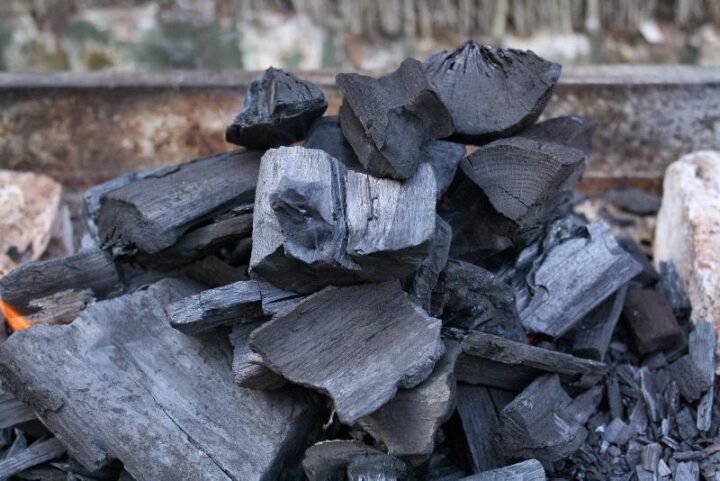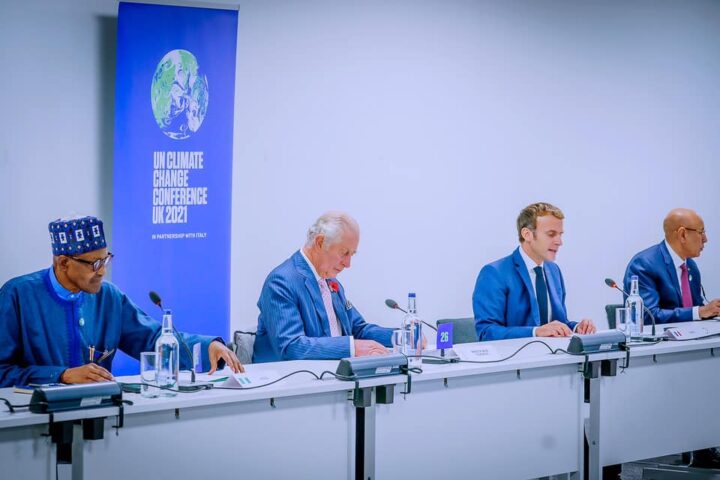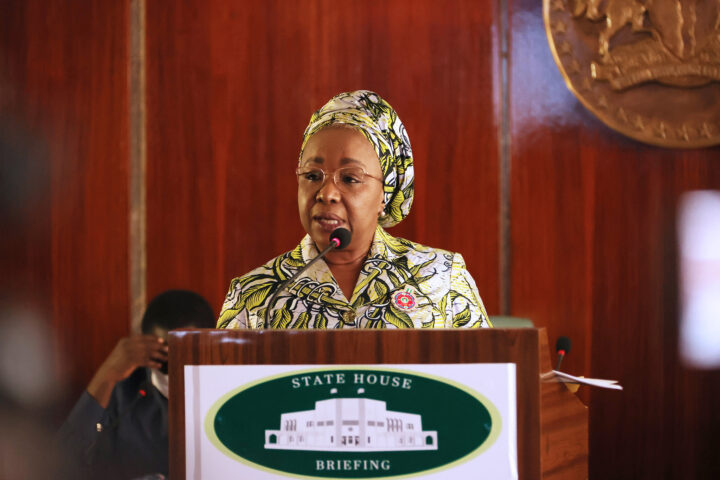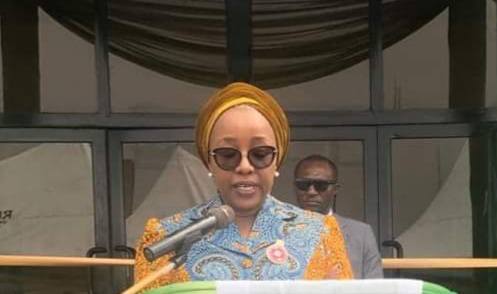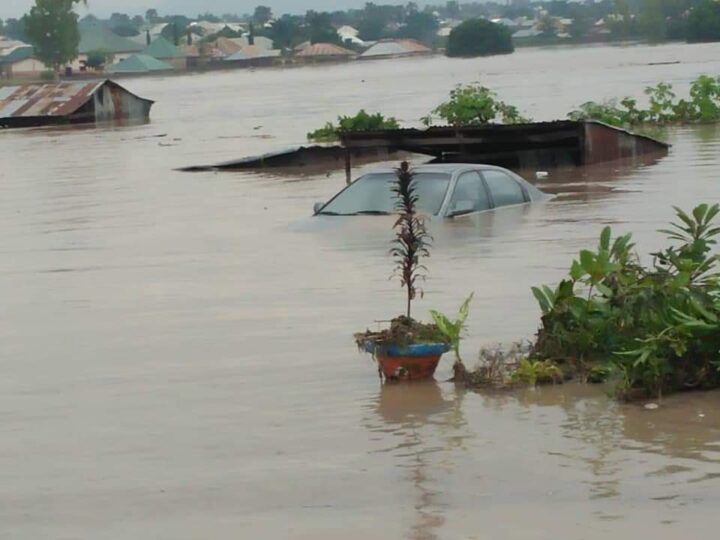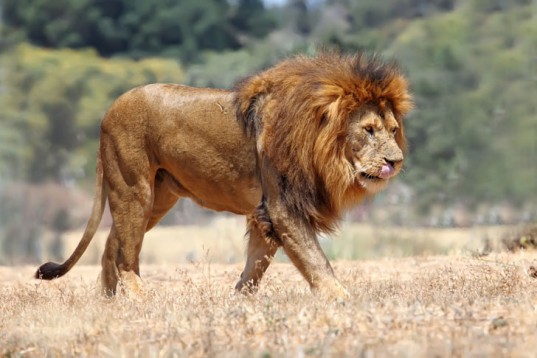Despite directly impacting our communities, health and livelihood, climate-related reports usually take a back seat to dominant news beats like politics and business. Climate Watch aims to ensure you never miss important stories on climate change and actions being taken towards limiting its impact.
Here is a round-up of last week’s climate stories:
- As part of efforts to protect the environment, the Nasarawa government has banned the use and sale of charcoal in the state. Aliyu Agwai, permanent secretary, ministry of environment and natural resources, said the process of producing charcoal is dangerous to the climate as it emits harmful fumes that are toxic to the environment and intensify global warming. He said tree felling results in the loss of habitat for animal species thus harming the ecosystems. Read more here.
- Nature-based solutions such as reforestation can help solve climate change. This is why the World Bank last week approved a $700 million credit facility to improve Nigeria’s landscape to withstand adverse climatic impacts. The project aims to improve Nigeria’s capacity to adapt to a changing climate by enhancing multi-sectoral convergence across the environment, agriculture, water and technology. The bank said climate change needs to be tackled because it has caused persistent water shortages, unproductivity of crops, land degradation, desertification and habitat loss. Read more here.
Advertisement
- Over the weekend, President Muhammadu Buhari attended the Turkey-Africa Partnership Summit. At the meeting, the president appealed for support to help tackle climate change in Africa. He called for support for initiatives such as the great green wall (GGW), adding that the initiative aims to restore 100 million hectares of degraded land in the Sahel-Sahara strip, capture 250 million tonnes of carbon and create 10 million green jobs by 2030. He said climate change is impacting Nigeria, Turkey and the world at large and has become a catalyst for conflict through food insecurity, drying up of lakes, loss of livelihood, youth migration, among others. Find out more here.
- The federal government says it will partner with China on the development of a renewable energy research centre that will boost renewable energy technology in selected Nigerian universities. According to the ministry of science, technology and innovation, the partnership is aimed at bringing excellence in renewable energy technologies. The initiative is expected to build and upgrade centres of excellence in renewable energy technologies which include green energy – solar, wind, hydro, bio-energy, energy efficiency and management. Read more here.
Add a comment
